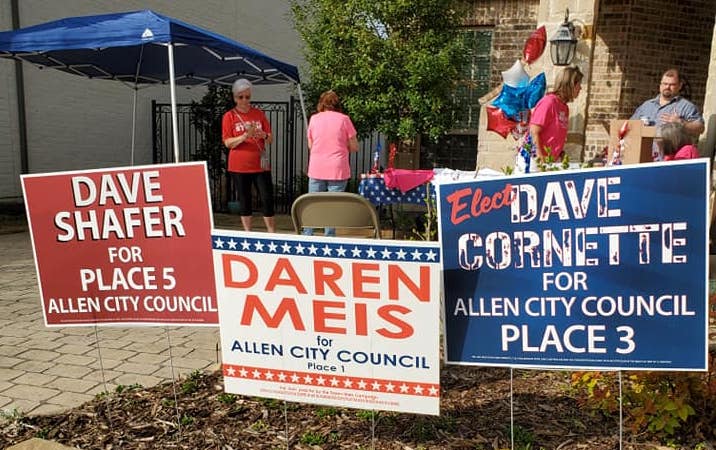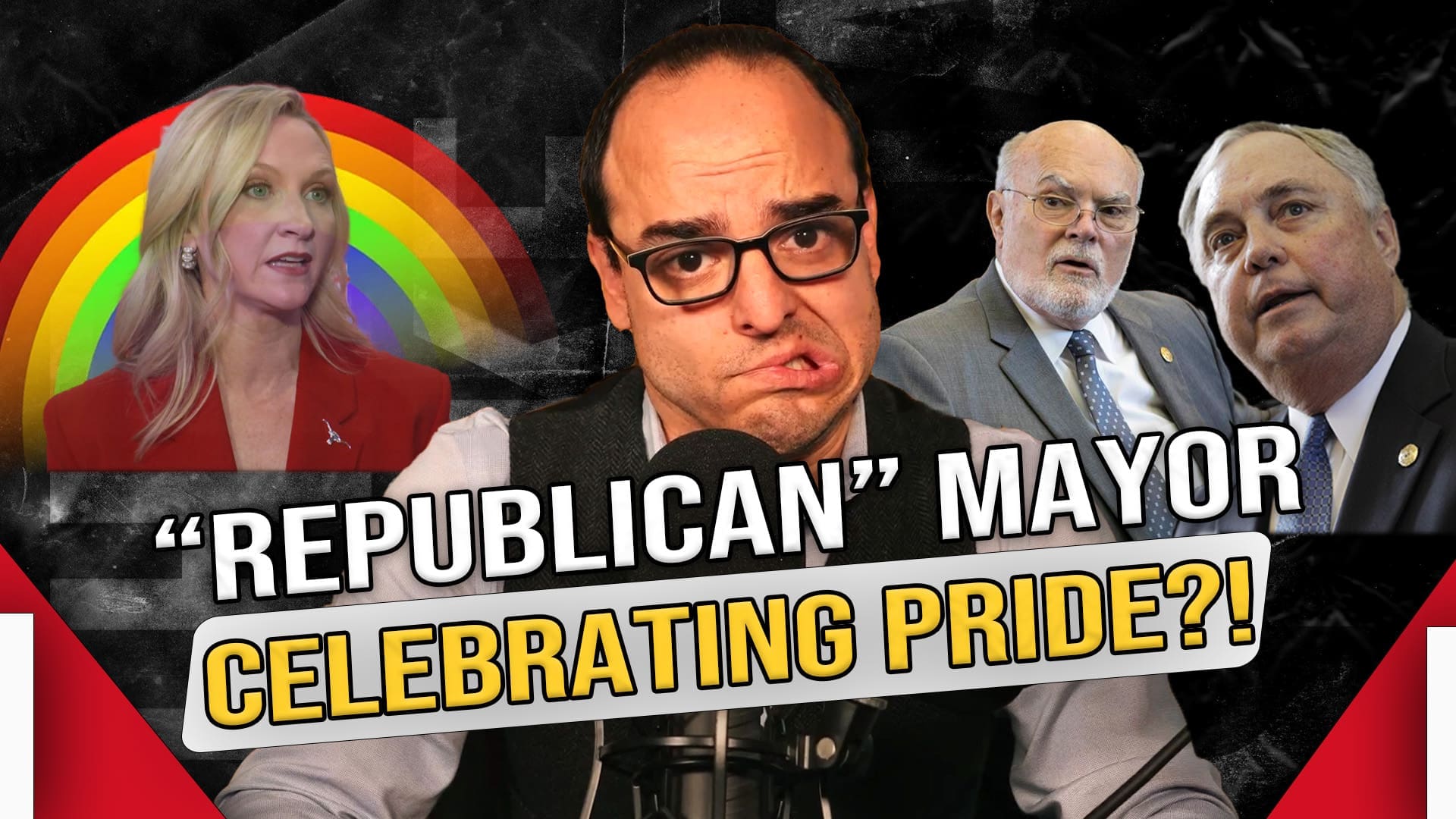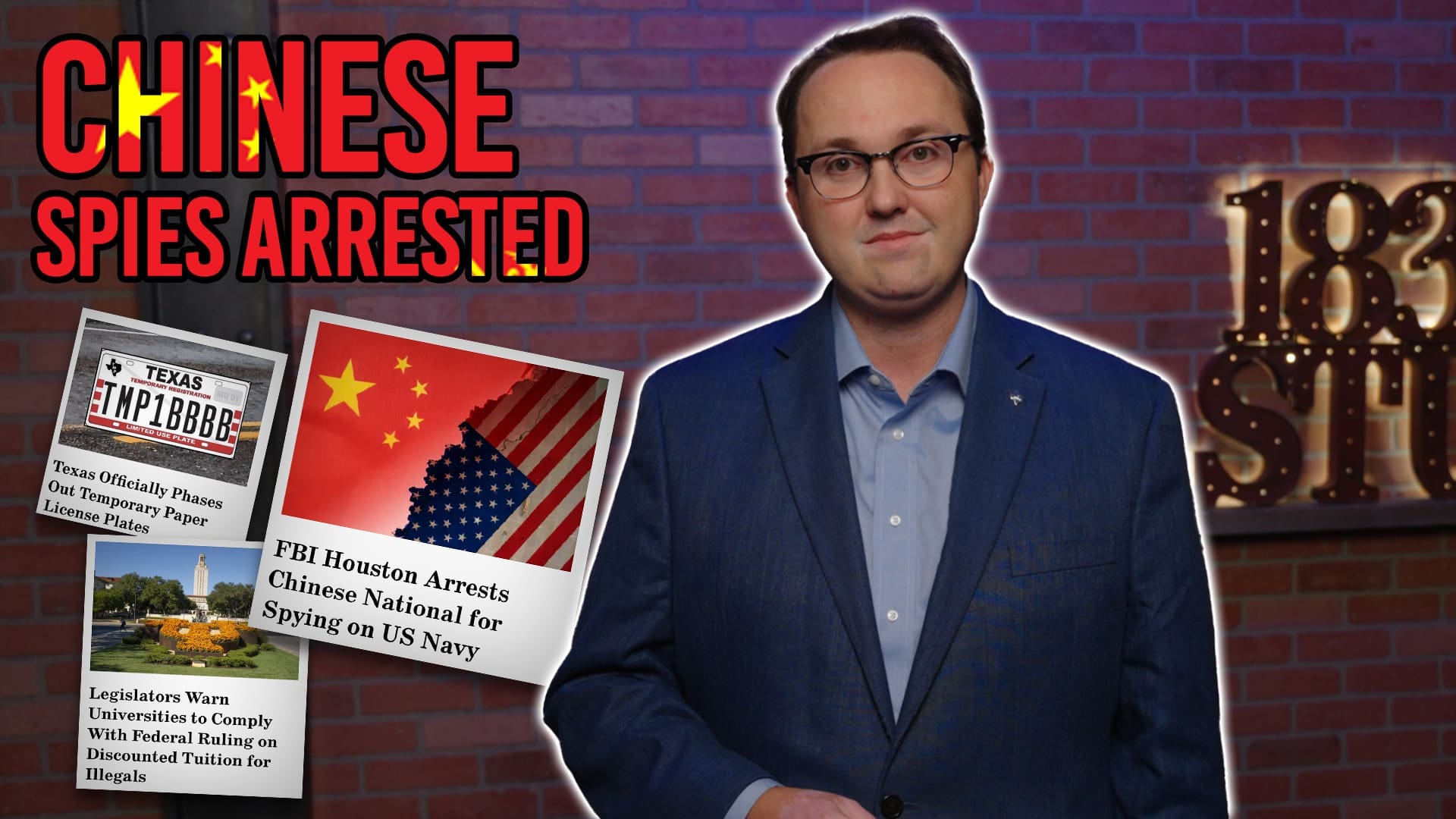Local elections are getting decidedly more partisan in one North Texas county, as the two major political parties release endorsements in area city and school district races. And a bill moving through the Legislature, filed by a state lawmaker from the area, could make all city races across the state openly partisan.
Recently, Collin County’s Republican Party released a list of candidate endorsements for several May 2021 city council and school board races across the county.
Collin County Democrats also released their own lists of endorsed and recommended local candidates.
GOP activists in the conservative county say their party’s participation in the nominally nonpartisan local campaigns became necessary when Texas Democrats launched Project LIFT in 2015 to actively support local candidates.
“There is no such thing as a nonpartisan election,” said McKinney businessman and conservative leader Derek Baker. “Requiring local candidates to declare their party affiliation would be a significant step toward transparency and honesty in local elections across Texas.”
Baker and other conservative activists in Collin County told Texas Scorecard last month they would like to see local candidates’ party affiliations on the ballot and support legislation to make that happen.
A bill filed by State Rep. Scott Sanford (R–McKinney) and scheduled for a committee hearing this week would require candidates for city office to declare a party affiliation, which would appear on the ballot next to the candidate’s name.
House Bill 2092 would give candidates the option to state if they are not affiliated with any political party. Under current state law, city elections are not partisan, though home-rule cities may choose to have partisan candidates nominated by political parties.
Many Republicans agree Sanford’s proposal to make city elections transparently partisan would provide valuable information for voters, but some activists prefer the current system of partisan political groups endorsing while the races remain technically nonpartisan.
“I think it should be an option, especially in cities above a certain size,” said longtime Plano conservative leader Mike Openshaw. “However, I don’t think it should be required. After all, anyone can vote in a given primary and declare themselves a member of that party, but it doesn’t make it true.”
Not all candidates support Sanford’s idea, either.
“Join me in saying NO to political parties in Allen,” Allen City Council candidate and former Councilmember Joey Herald said in a campaign mailer. “It should and can be People over Politics!!”
Collin County Republicans endorsed Dave Cornette for the seat Herald is seeking, while local Democrats endorsed incumbent Lauren Doherty.
Partisanship may heat up local campaign rhetoric, but it hasn’t discouraged participation. Allen’s three city council races drew more than a dozen candidates combined.
In Collin County’s four largest cities—Allen, Frisco, McKinney, and Plano—every council seat on the May ballot is contested. Each incumbent faces at least one challenger, and as many as six candidates have filed to run for open seats.
Every school board trustee race in Allen ISD, McKinney ISD, and Plano ISD is also contested. Just one incumbent is unopposed in Frisco ISD.
Partisan or not, Collin County’s conservative grassroots want to encourage more—and more informed—participation in local elections.
A coalition of Republican groups is hosting a series of local candidate forums across Collin County, including Plano, Frisco, Celina/Prosper, McKinney, Allen, and Wylie/Murphy.
Forum organizer Mike Giles, who heads Collin County Patriots, hopes citizens will get to know more about the people running to represent them on their city councils and school boards.
Not every candidate plans to participate in the grassroots forums.
McKinney Mayor George Fuller and Councilmember Charlie Phillips, both on the Democrats’ “recommended” list, scheduled their own event for the same night as the Republicans’ McKinney candidate forum.
The Collin County local candidate forums hosted by the GOP grassroots groups are scheduled for March 29 through April 15. The events are free, but registration is requested.
Sanford’s bill is scheduled for a public hearing in the House Elections Committee on Thursday, April 1. Texans can submit online testimony to the committee through the end of the hearing and may also contact their state elected officials about HB 2092.
Local Election Day is May 1. Early voting runs April 19-27.





